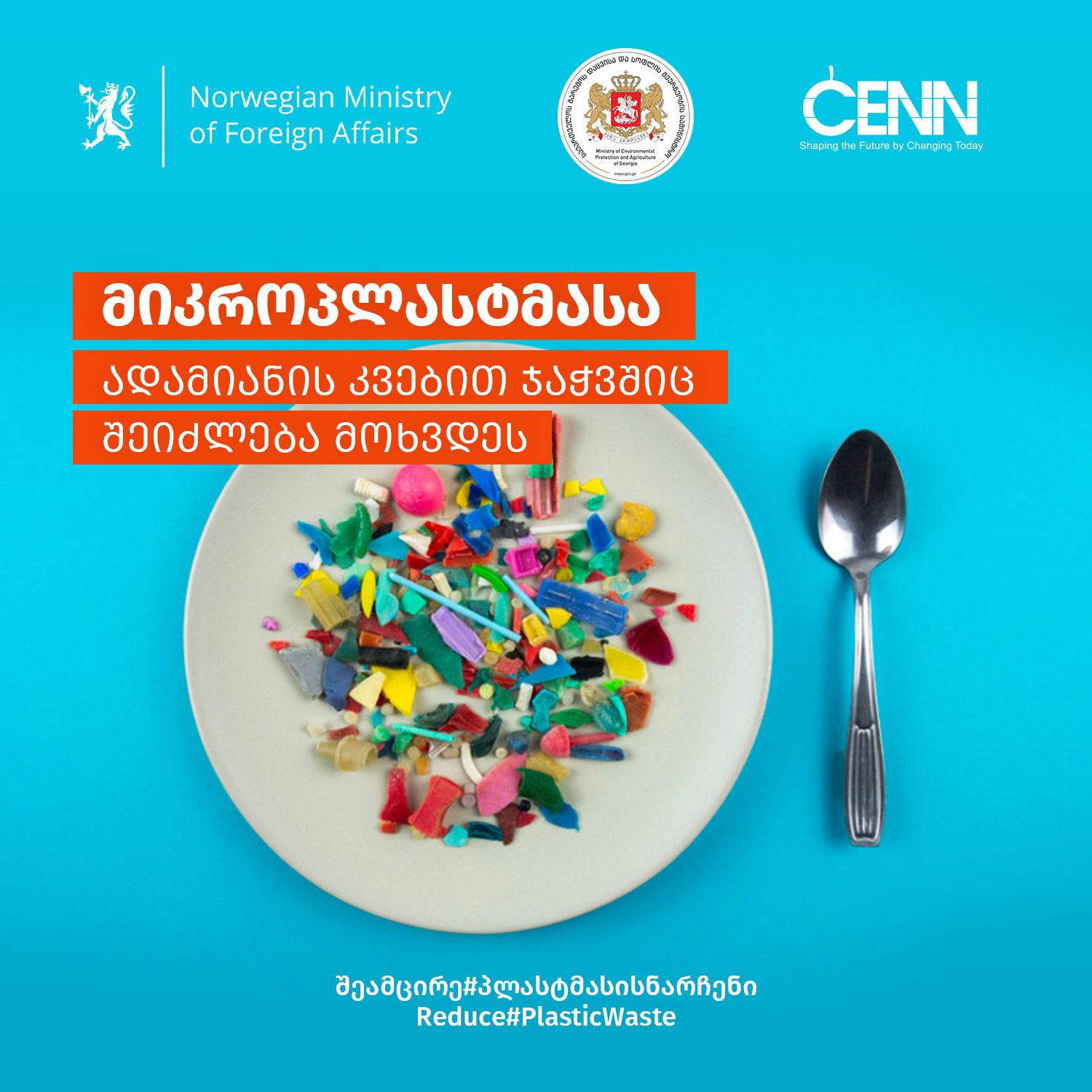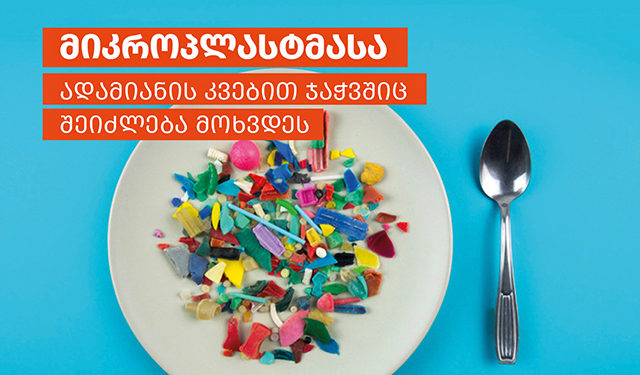
Microplastics can get into the human food chain
CENN, with the support of the Norwegian Embassy in Georgia, together with the Ministry of Environmental Protection and Agriculture, is working on a National Plastic Waste Prevention Program (NPWPP) based on the European Strategy for Plastics in a Circular Economy. They have international and national experts working on the program, and have created a working group that unites those experts and relevant governmental organizations.
This week, they held the first working group meeting, where they presented the structure and main contents of the program.
The working group kick-off meeting was opened by Deputy Minister of Environmental Protection and Agriculture of Georgia, Solomon Pavliashvili, who spoke about the importance of establishing circular economy practices in the country, as well as about the steps taken forward by the country in this direction.
“The development of a national plastic waste prevention program will significantly contribute to this process, and will support Georgia in meeting the obligations set out within the Association Agreement, as well as in meeting the Sustainable Development Goals,” he said.
A global problem, plastic waste is a vital issue today’s society urgently needs to deal with. Plastic can be found in typical single-use items, like packaging, bags, drinking straws, and one-use cups, cutlery and plates. It can also be found in other areas you might not think to look, among them textiles, cosmetics, and in industrial waste. About 8 to 10% of our global oil supply goes to making plastic. It is estimated that about 12 million barrels of oil a year are used in making the plastic bags used in the US, yet the average American throws away about 10 bags a week. In 2019, worldwide, 360 million tons of plastic was produced, and of that, 100 million tons was for single-use plastic items.
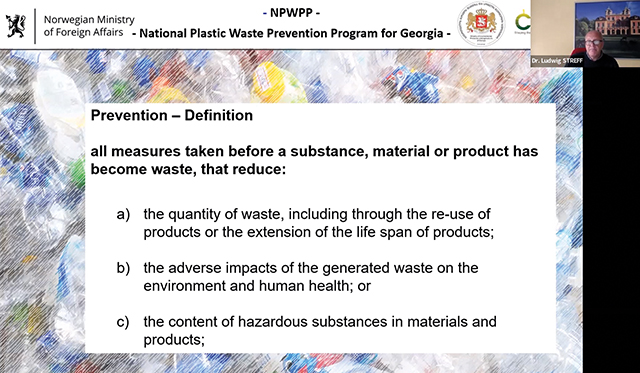
Plastic is everywhere. And it is one of many types of waste that take too long to decompose. Normally, plastic items can take up to 1,000 years to decompose in landfills. Even plastic bags we use in our everyday lives take anywhere from 10 to 1,000 years to decompose, and plastic bottles can take 450 years or more.
Awareness of the plastic waste issue is growing in Georgia, but not fast enough. Serious investment and policy changes are needed to complement the ongoing educational actions and short-term eco-campaigns run by various NGOs and city administrations.
The main task in moving forward is prevention of plastic waste production. Dr Ludwig Streff, at this week’s kick-off NPWPP working group meeting, highlighted key steps in this regard as the reduction of the quantity of waste, including through the re-use of products or the extension of the life span of products; reducing the adverse impacts of the generated waste on the environment and human health; and controlling the content of hazardous substances in materials and products.
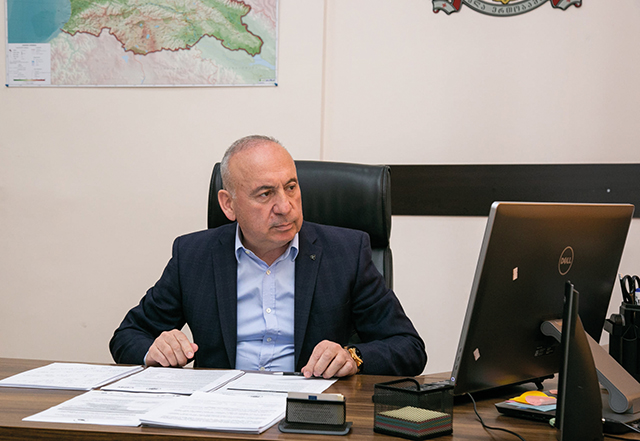
The NPWPP team has analyzed the existing situation in Georgia with regards plastic management, which includes import, export, re-export, and recycling and disposal of plastic waste, after which it will assess the potential challenges moving forward, taking on board international experience in plastic prevention; identify investment needs in the short, mid and long term; create an action plan; and push for the necessary policy changes.
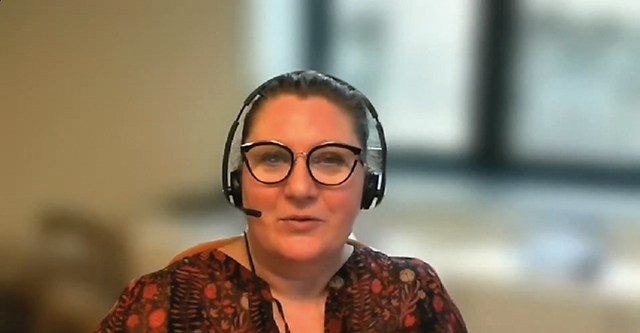
“The Norwegian Embassy is happy to support the Ministry of Environmental Protection and Agriculture of Georgia in developing this program, and we are happy to partner with CENN on this endeavor,” said Ambassador of Norway to Georgia, Helene Sand Andresen. “Plastic waste represents one of the priority waste streams due to the sheer amount that is produced, and causes harm not only to human health but also to the environment. We are really pleased to see Georgia’s urgent response to this global concern by initiating the development of this program.”
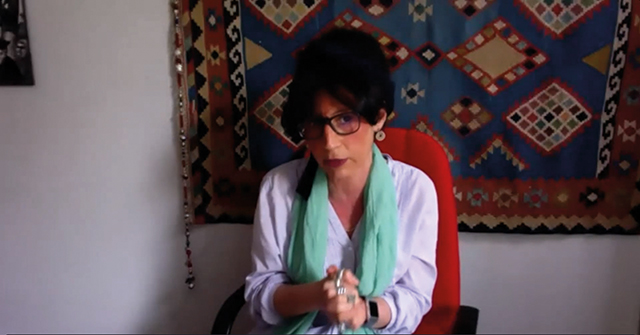
The strategy takes into account the need for life-cycle re-thinking, and recognition of plastic waste as a resource. The market, consumer awareness, local recycling capabilities, collection and clean-up, and environmental and occupational health and safety are just some of the many aspects that need to be taken into account in the planning and monitoring of the NPWPP strategy.
Life-cycle thinking
This is an approach used for recommending methods for the management of plastic waste. The concept involves an assessment of all stages of the product’s life in order to find out if and where the producer may act to reduce environmental impacts and optimize use of resources. It allows for assessment of the environmental impact, taking into account local factors, such as the distance to treatment facilities, the energy recovery efficiency of the facility, and the required quality of the outcome.
Waste as a resource
The strategy presents numerous opportunities for increasing the utilization of plastic waste as resource. For example, for recycling and for heat, electricity and fuel by means of incineration, thereby reducing the generation of waste and promoting a more sustainable economy.
End-of-waste
The use of end-of-waste criteria, as specified in Article 6 of Directive 2008/98/EC on Waste, to clarify when certain plastic waste that has undergone recovery ceases to be waste.
Prevention
This concept mainly refers to the prevention of plastic waste, and generates solutions to achieve waste prevention in the waste stream.
Initially, within the NPWPP project, following thorough analysis of the above, an immediate Action Plan for plastic waste reduction will be created for Georgia for the next five years, with realistic measures designed for completion by 2024, 2027, and a final long-term plan set for completion by 2031.
Measures to be taken
The NPWPP team has already identified what needs to be done to reduce plastic waste production in Georgia, and the short, mid and long term action plans include, in general terms: Actions to improve product design, Actions to boost recycled content, Actions to improve separate collection of plastic waste, Actions to reduce single-use plastics, Actions to tackle sea-based sources of marine litter, Actions to monitor and curb marine litter more effectively, Actions on compostable and biodegradable plastics, Actions to curb microplastic pollution, Actions to promote investment and innovation in the value chain, Actions in support of multilateral initiatives on plastic, and Actions relating to international trade.
The Executive Director of CENN, Nana Janashia, during this week’s kick-off meeting spoke of CENN’s many years of experience in waste management, including in matters related to plastic waste, which also entailed policy development. In addition, she remarked on CENN’s experience in supporting institutions to develop and establish proper waste management systems, strengthening the business sector, and building the capacity of stakeholders.
“I am certain that the process of developing a National Plastic Waste Prevention Program will be just as successful,” she told participants.
The Working Group is made up of representatives of the Ministry of Regional Development and Infrastructure of Georgia, the Ministry of Finance of Georgia, the Ministry of Economy and Sustainable Development of Georgia, LEPL L. Sakvarelisdze Disease Control and Public Health National Center, the Committee on Environment and Natural Resources of the Parliament of Georgia, Tbilservice Group Ltd., and Adjara Solid Waste Management Company Ltd.
Consultation meetings will be held with the business associations and international organizations.
By Katie Ruth Davies
Georgia Today
